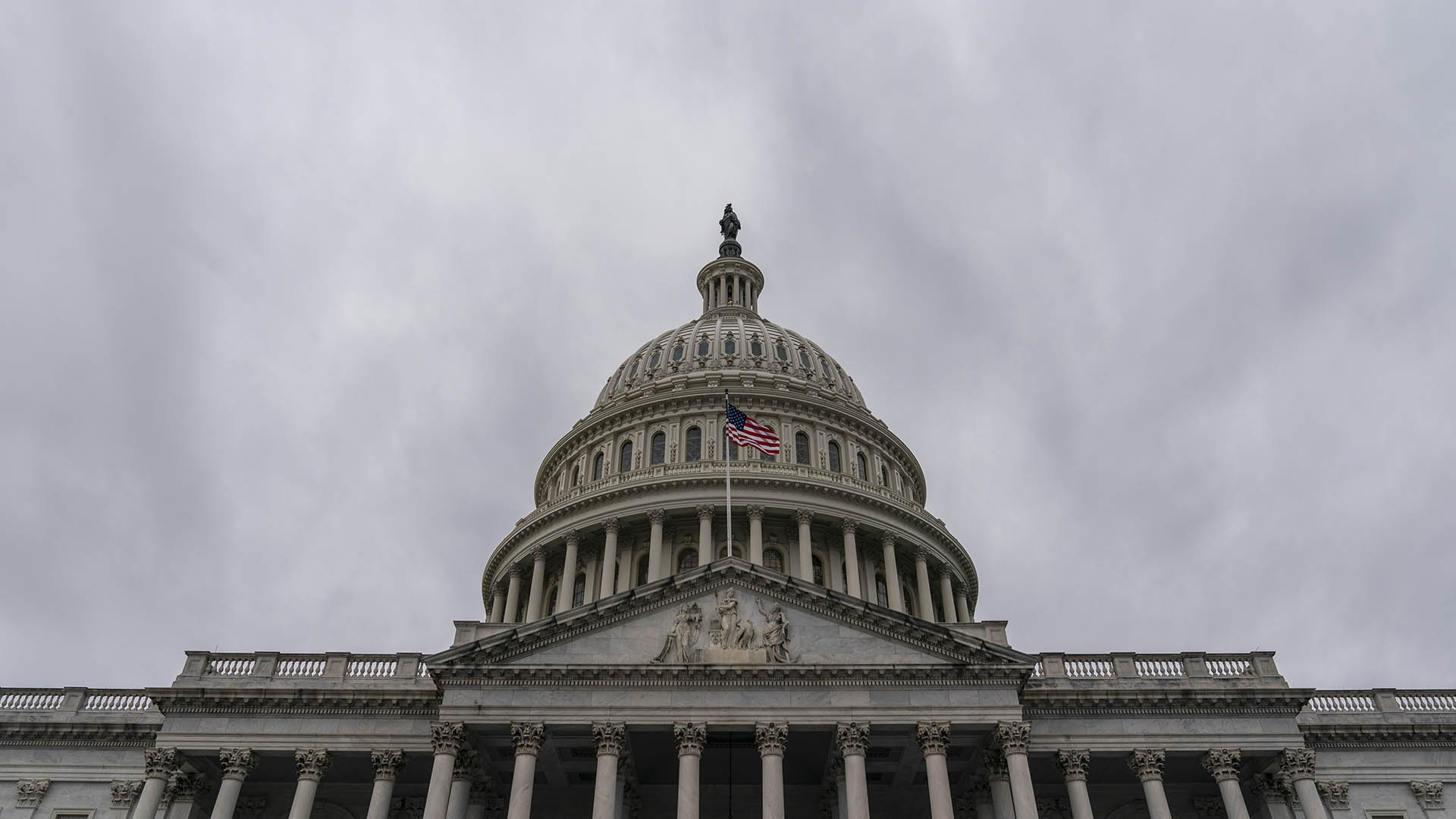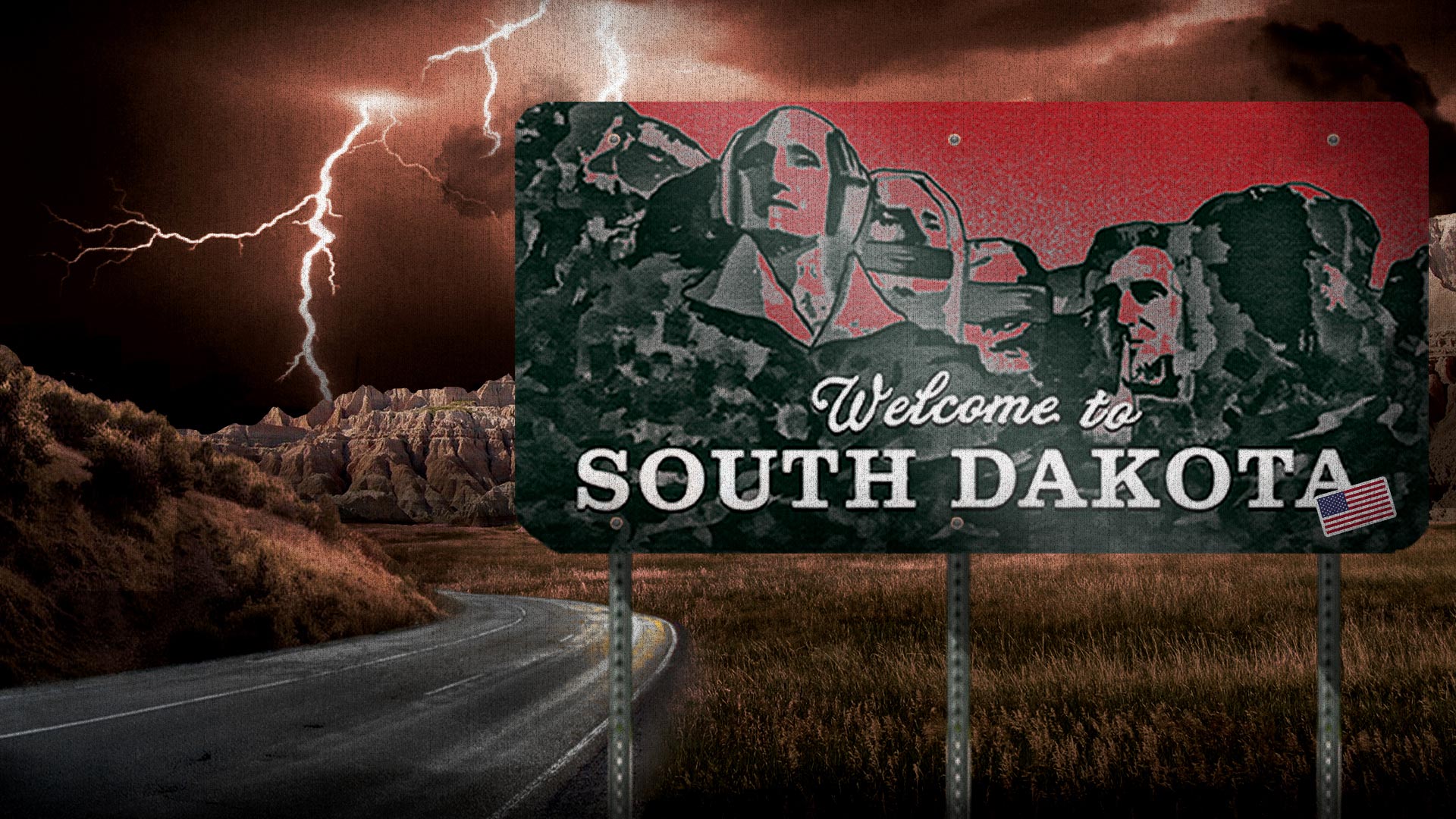U.S. House Democrats denounced the highly secretive trust industry in South Dakota and other U.S. states on Wednesday for allowing the wealthy to secretly shelter their assets onshore, enabling bad actors from around the world and helping to turn the United States into a leading international tax haven.
Lawmakers at the hearing by the House Ways and Means subcommittee on Oversight called for more transparency and enforcement by regulators and others, saying the United States must not invite ill-gotten wealth once harbored in notorious global financial hubs.
“Certain states have gone out of their way to craft laws to attract hidden wealth,” said subcommittee chair Bill Pascrell Jr. (D-N.J.). “…We’re not talking about the Cayman Islands. I said South Dakota…the Grand Cayman of the Great Plains.”
The lawmakers and a panel of experts cited findings by the International Consortium of Investigative Journalists and The Washington Post that found nearly 30 U.S. trusts held assets linked to people or companies accused of fraud, bribery or human rights abuses. The revelations were part of the Pandora Papers, an international investigation published in October that tracked the movement of money around the world.
“The United States has become one of the most secretive jurisdictions in the world,” Erica Hanichak, government affairs director at the nonpartisan Financial Accountability and Corporate Transparency (FACT) Coalition, told lawmakers. “This undesirable status harms average Americans, undermines national security, weakens democracy and erodes our tax base as well as other countries around the world.”
“The Pandora Papers opened the world’s eyes to the insidious effects of this secrecy,” she said.
Beverly Moran, a professor and taxation expert at Vanderbilt University Law School, told lawmakers that Congress should introduce laws that allow authorities to more easily identify the owners of companies and trusts created in the United States.
Many states, including South Dakota, Wyoming and Delaware, have over decades enacted strict privacy laws, hindering investigations by law enforcement. Moran said lawmakers should move quickly.
“Tax havens are contagious,” she said. “Once they enter, they spread.”
South Dakota Gov. Kristi L. Noem (R) declined an invitation by the committee to participate, saying she had prior commitments.
Mike Kelly (R-PA), the subcommittee’s ranking member, argued the Pandora Papers provided no proof of illegality among those who moved assets into the United States and that “an over zealous regulatory approach” would hurt Americans who legally use trusts to manage and pass down wealth.
David R. Burton, a senior fellow in economic policy at the Heritage Foundation, added that financial and personal privacy were key components of a free society. “There’s a newfound war on trusts, apparently,” he said.
Pascrell countered that stronger oversight would protect taxpayers as well as families who legitimately rely on trusts and other financial tools. At the start of Wednesday’s hearing, he noted that South Dakota trusts hold assets of more than $360 billion, an amount that has quadrupled over the past decade.
Citing a Bruce Springsteen lyric, Pascrell said allowing U.S. tax havens to go without additional oversight could lead to “trouble in the heartland.”




